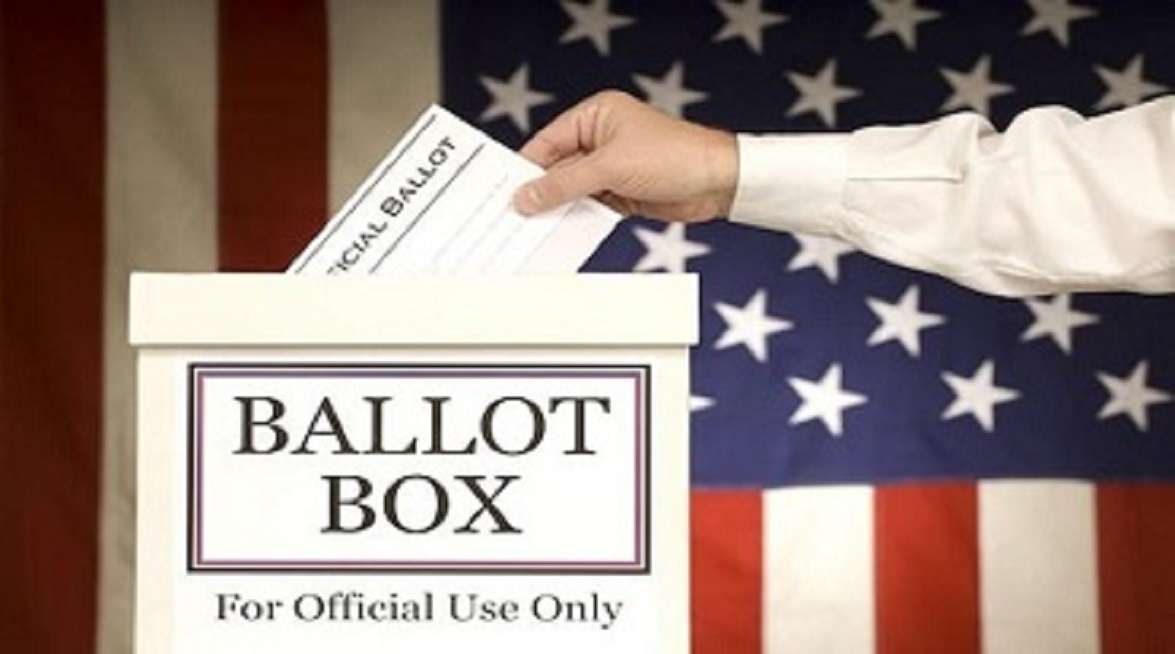(N/A) Traditionally, Democrats and progressives have been supportive of policies aimed at increasing voter turnout, while conservative Republicans have been more skeptical. Advocates of the most extreme such policy—mandatory voting—have typically been on the left. Former President Barack Obama even endorsed the idea in 2015. Both sides present high-minded, nonpartisan reasons for their stances. Supporters of mandatory voting argue that voting is a civic duty, while opponents believe it infringes individual liberty. However, some skeptics question whether the underlying motive is partisan gain: liberal Democrats may support efforts to increase turnout to help them win, while conservative Republicans oppose them for the same reason.
There has been debate among scholars about the impact of increased turnout on Democrats. While conventional wisdom suggests that higher turnout benefits the political left, recent polling trends in the Trump era challenge this belief. Republican candidates, especially Trump himself, now stand to gain from higher turnout. Dan Hopkins highlighted some of these trends in a recent article on the 538 website, titled “The Less You Vote, the More You Back Trump.”
Hopkins explains that in a survey conducted between Feb. 20 and March 18, 2024, there were significant differences in presidential candidate support based on voting history. President Joe Biden performed better among frequent voters, while Trump had a strong lead among those who hadn’t voted recently. This pattern helps explain why Democrats fared better in lower-turnout off-year elections compared to presidential election years.
One factor contributing to Democrats’ advantage among frequent voters is the “diploma gap,” where more educated voters tend to support Democrats. Education is closely linked to voter turnout, with more educated citizens being more likely to vote. Whether this gap will diminish remains to be seen, and it could impact attitudes towards turnout among intellectuals and political activists.
As someone skeptical of increasing turnout and opposed to mandatory voting, I believe that not everyone has a duty to vote. I argue that relatively ignorant citizens can do more harm by voting without adequate information. Major increases in turnout may exacerbate the problem of political ignorance, making mandatory voting even worse.
My views on voter knowledge and policy outcomes remain consistent, as I believe that a more informed electorate leads to better choices and policies. While some argue that ignorant voters can make good decisions through shortcuts or aggregation, I am critical of such optimism. Left-liberals have shown more sympathy to my views since the rise of Trump, as less-frequent and more ignorant voters tend to support candidates like Trump.
There may be a shift in attitudes towards voter turnout, with right-wing activists potentially advocating for policies that boost turnout and downplaying concerns about ignorance. While long-held attitudes may be resistant to change, some significant movement in this direction wouldn’t be surprising.
Source link





